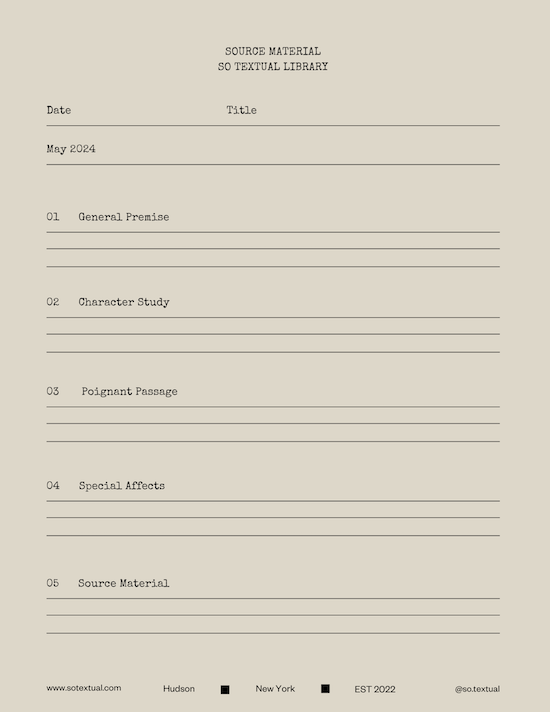What Resonated Most
Momo’s voice lingered long after I finished—wise beyond his years, but still so fragile in his innocence. He narrates the story with a kind of disarming honesty that strips away pretense, leaving you with the raw truths of love, survival, and belonging. What stayed with me was his capacity to see beauty in the midst of despair—his ability to find light in Madame Rosa’s worn-down apartment, in her tenderness even when it’s hidden behind anger. It’s not a story that lets you look away; it asks you to sit with its sadness and still see the humanity in it.
Momo’s perspective is a lesson in resilience and empathy. He reminds us that even in the bleakest circumstances, there’s room for love, connection, and humor. Use this book as a reminder that the way we tell our own stories can shape how we endure them—and how we find meaning in them.
What It Stirred in Me
The novel stirred a deep tenderness, not just for the characters but for the parts of myself I sometimes overlook. Momo’s questions about identity—about where he belongs, who he’s allowed to be—felt painfully familiar. And Madame Rosa’s quiet suffering, her dignity wrapped in layers of fear and exhaustion, reminded me of all the ways we carry others even when we can barely carry ourselves. It made me think about the weight of care, how it stretches us, shapes us, and sometimes makes us whole in ways we don’t understand until much later.
Gary writes with a humanity that feels rare and necessary. This isn’t a novel about triumph; it’s about the quiet, daily acts of care and survival that hold us together. Let it teach you to notice these moments in your own life—to see the extraordinary in the small, overlooked corners of love and sacrifice.
A Line I Can’t Forget
“You can live without someone, but not without hope.”
This line stopped me. It’s not just about the story; it’s about everything. Hope isn’t loud or grand in this book—it’s small, persistent, like the way Madame Rosa keeps climbing the stairs even when her legs fail her. It made me think about all the quiet ways we hold onto hope, even when it feels foolish, even when it hurts. It’s not a cure; it’s a lifeline.
Hope doesn’t need to be big to be real. Use this line to reframe what hope looks like—it’s not about wishing for something better; it’s about finding the strength to keep going, one small step at a time. Drop it into conversations about resilience, and watch how it lands.
The Biggest Takeaway
What I’ll take with me is the way this novel makes you feel the weight of love—not as something light or easy, but as something you carry, something that can hurt and heal at the same time. Momo and Madame Rosa’s relationship isn’t simple, but it’s profound because of its flaws. Gary doesn’t offer a polished picture of love; he shows us the kind that endures, the kind that leaves you better even as it leaves you bruised.
The Life Before Us is a lesson in imperfect love. It shows us that caring for someone doesn’t mean saving them—it means staying, even when it’s hard. Take this with you: love isn’t always beautiful, but it’s always worth it.
This is how we do it at So Textual.


